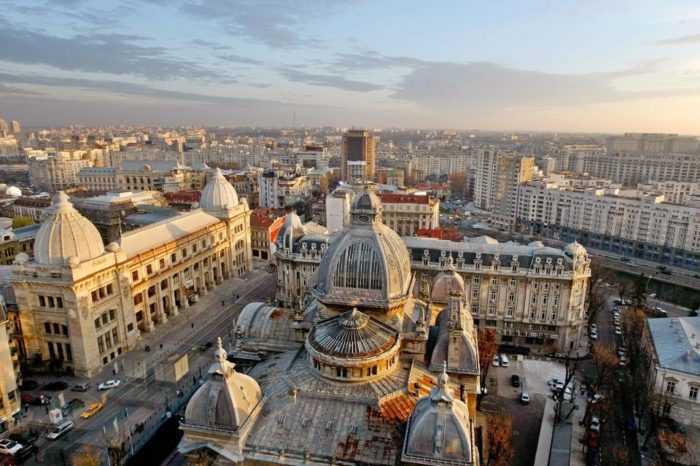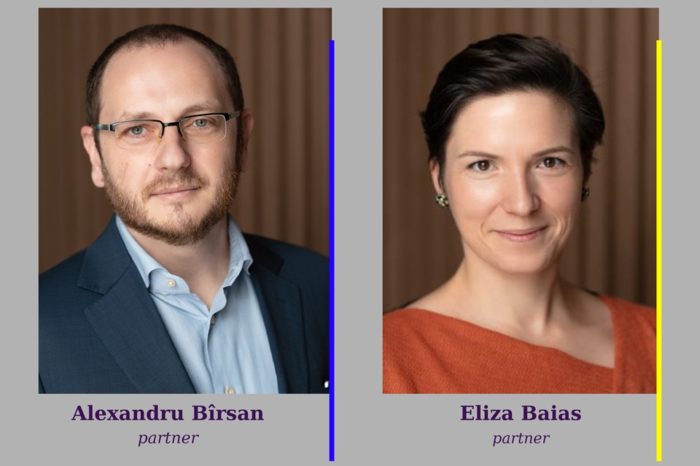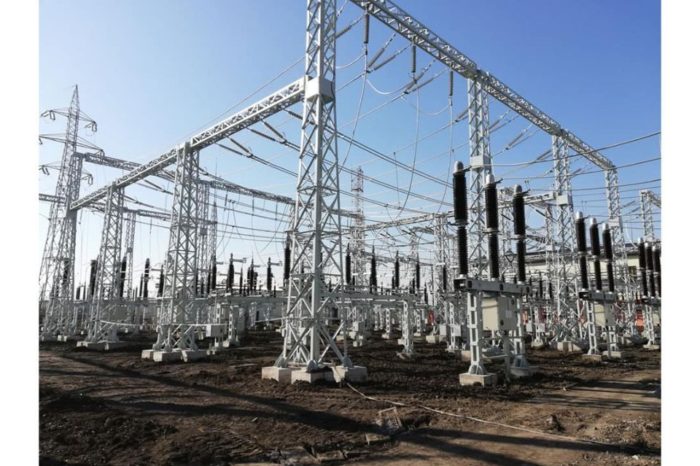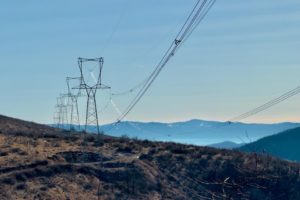European funds of more than 3 billion Euro for Romania’s agriculture over the next 2 years: REI
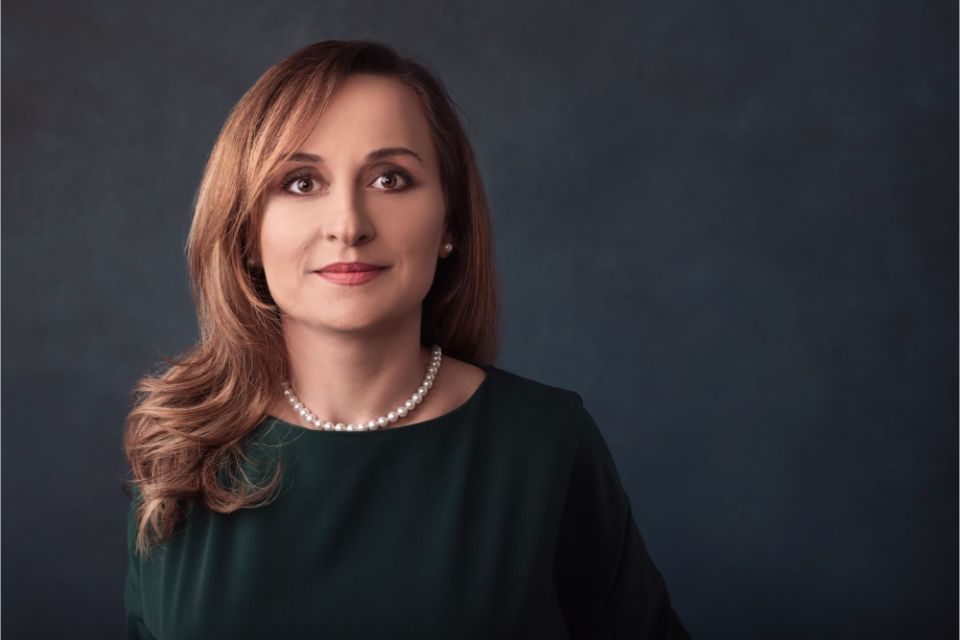
The farming sector, one of the most financed and financeable branches of the Romanian economy within the next European financial framework, will benefit from a total allocation of about 20 billion euros, which will be allocated to farmers and entrepreneurs in the agricultural sector in order to improve the activities carried out, the opening of new projects or investments in agri touristic hotels or the alignment of agricultural activities with European Union standards.
With a total budget of about 80 billion euros allocated to Romania, money that can be absorbed by our country through projects aimed at developing key sectors of the economy, Romania will get no less than 20,5 billion euros for agriculture, following the proposal of the European Commission, for the 2021-2027 multiannual financial framework for the common agricultural policy, and in the transition period 2021-2023 Romania will benefit from over 3 billion euros EU funds, shows a REI Finance Advisors analysis, one of the most dynamic consultancy companies specialized in mediating non-reimbursable funds through European funds or state aid for companies with activity in Romania.
“The financial framework 2021-2027, as has been traditionally foreseen, will be postponed, in the sense that we will have around EUR 3 billion transitional funds in agriculture under the previous framework 2014-2020, and the next financial framework will start in 2023 and be completed in 2029. The Ministry of Agriculture has already published the consultative guides for most funding axes, and will publish the final guides and even open the sessions in September. We have some sessions already open, such as sub measure 17.1 – capping at an amount of €34,32 million, and projects have already been submitted that request more than €1 million. We have already started the preparation of projects in the field and we recommend all potential applicants to define their investments with a technologist, to apply for an urban planning certificate and to prepare the feasibility study with rigorous architects, with experience on similar projects, who are contractually giving the guarantee of documentation in accordance with the legislation and provisions of the applicant’s Guide, and then seek the opinion from the environment, as it will matter that at the final score it exists there, when submitting the project, according to the sub-measure consultation Guide (sM) 4.1. Projects must be prepared at an accelerated pace as there will be very high demand and the funds are limited,” said Roxana Mircea, partner REI Finance Advisors.
Which projects will receive funding in agriculture over the next two years
Sub-measure (sM) 4.1 “Investments in agricultural holdings”, the branch which will benefit from the highest allocation, totaling EUR 760 million, aims to support investments to increase the competitiveness of agricultural holdings by providing efficient machinery and equipment in relation to the current agricultural structure, as well as investments in modernizing farms (in particular medium-sized farms and small and medium-sized farm associations) and in improving the quality of fixed assets. Eligible expenditure shall include the construction, extension, modernization and equipping of farm-processing and packaging facilities intended for production, the fitting-out and fitting-out of the premises for sale and marketing, including automatic dispensers for marketing of wrapped and/or packaged and/or processed agricultural products, by which their own agricultural products/or cooperative members will be marketed exclusively in the case of agricultural cooperative applicants/producer groups and marketing costs.
“Projects can be submitted online to the AFIR portal, where beneficiaries will be able to advance 50% of the non-reimbursable amount, with a 100% financial guarantee, and payments will be made within 90 calendar days. The maturity of the project is scored, there is an opinion from the environment to the submission of the project, the level of the farm manager’s studies, the principle of associating farmers with producer or cooperative groups and organizations, projects with investments in renewable energy production and risk prevention measures. We are confident that more and more farmers and young entrepreneurs in agriculture will turn to the Structural Funds for Development, along with reliable partners and consultants”, Roxana Mircea added.
The first application sessions for accessing European funds allocated during the transition period were launched in mid-July, as follows:
- Sub-measure (sM) 4.1 ‘Investments in agricultural holdings’, with an allocation of EUR 760 million, will provide non-refundable support for the following components:
- Animal husbandry (primary production, packaging and promotion) at national level: EUR 240 million;
- A simple purchase and irrigation equipment on the farm: EUR 125 million;
- Vegetables (including in protected areas) and potatoes (primary production, packaging and promotion): EUR 100 million;
- Young farmers (purchase of machinery – plant and livestock): EUR 75 million;
- Livestock farming (primary production, packaging and promotion) at mountain level: EUR 60 million;
- Plant (conditioning, on-farm processing and promotion): EUR 55 million;
- Zootechnical (conditioning, on-farm processing and promotion): EUR 55 million;
- Vegetables, potatoes (wrapping, processing and promotion): EUR 50 million;
- Sub-measure (sM) 4.1a ‘Investments in fruit holdings’: allocation of EUR 122,7 million;
- Sub-measure (sM) 4.2 ‘Support for investments in the processing and marketing of agricultural products’: allocation of EUR 140 million;
- Sub-measure (sM) 4.2a ‘Support for investments in the processing and marketing of fruit products’: EUR 10 million;
- Sub-measure (sM) 4.3 ‘Investments for the development, modernization and adaptation of agricultural infrastructure’ – Agricultural roads component: EUR 100,66 million;
- Sub-measure (sM) 6.1 ‘Setting up young farmers’: EUR 100 million;
- Sub-measure (sM) 6.2 ‘Support for setting up non-agricultural activities’: EUR 50 million;
- Sub-measure (sM) 6.3 ‘Small farm development support’: EUR 87 million European funds;
- Sub-measure (sM) 6.4 ‘Investments in the creation and development of non-agricultural activities’: EUR 100 million of European funds;
- Sub-measure (sM) 9.1 “Setting up producer groups in the agricultural sector”: EUR 5 million public allocation;
- Sub-measure (sM) M10 agri-environment and climate: EUR 142 million public allocation and EUR 146,76 million European funds;
- Sub-measure (sM) M11 ‘Organic farming’: EUR 129,63 million in public allocation and EUR 102,65 million in European funds;
- Sub-measure (sM) M13 ‘Payments for areas facing natural or other specific constraints’: EUR 660,12 million public allocation;
- Sub-measure (sM) M14 “Animal welfare”: EUR 273,6 million public allocation;
- Sub-measure (sM) 16.4 ‘Support for horizontal and vertical cooperation between actors in the supply chain’: EUR 40 million;
- Sub-measure (sM) 16.4a ‘Support for horizontal and vertical cooperation between actors in the supply chain’- pomarities: EUR 10 million;
- Sub-measure (sM) 17.1 ‘Plant and animal insurance’: EUR 31,2 million public allocation; (project ceiling EUR 34,32 million);
- Measure M19.1 ‘Preparatory support for the development of (future) local development strategies’: EUR 5 million;
- Measure M19.2 ‘Support for the implementation of actions under the local development strategy’: EUR 100 million public allocation;
- Measure M19.4 ‘Support for running and animation costs of LAGs’: EUR 23 million;
(The allocations may also change depending on the amounts identified up to the opening date of the session)
“Agriculture is one of the basic areas of Romania’s development and it is important to absorb these transitional funds. During the programmatic period 2023-2029, our country will benefit from a generous allocation of funds to improve the agricultural sector. More than one third of the sums, 37% of the total, will have to be allocated to climate, environment and well-being measures, and this will translate into an increased quality of the way we do agriculture, to European standards”, concluded Roxana Mircea.

